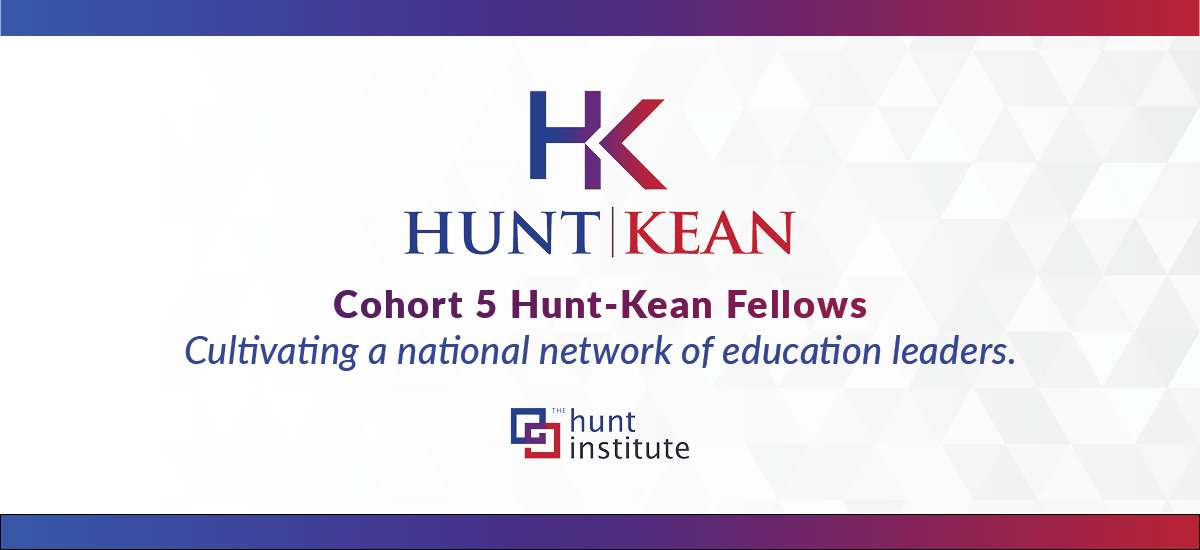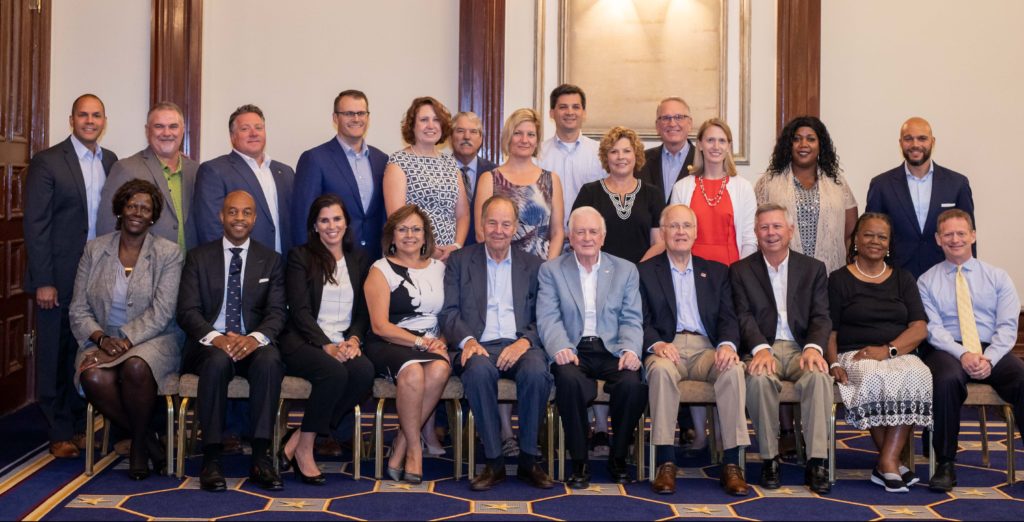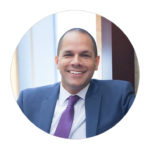

August 27, 2019

In today’s politically charged climate it is easy to overlook a fundamentally American belief: all children deserve a quality education that prepares them for success. While headlines may divide and delay action, what sets The Hunt Institute apart is its ability to break through this noise and bring together a bipartisan group of state leaders determined to improve education for all students.
This is perhaps most prevalent during the Hunt-Kean Leadership Fellows, The Hunt Institute’s premier education policy bipartisan Fellowship. The Fellowship provides senior-level elected leaders from across the nation and the political spectrum a comprehensive, research-based program that equips them with the knowledge necessary to cultivate smart and effective education agendas.
By demonstrating the interconnectedness of education policies, from early childhood through the workforce, HK Fellows are equipped with the knowledge and relationships needed to lead these critical conversations and drive action in their states.
Since 2015, I have had the pleasure to work with all of our Cohorts of HK Fellows, including our latest group – Cohort 5 – which completed the program on August 16 in Austin, Texas. While each Cohort brings diverse perspectives and experience, they all share a passion for improving educational outcomes for all students in their states.

Cohort 5 HK Fellows worked with the HK Fellows Advisory Board, including Governors Jim Hunt, Tom Kean, Dave Heineman, Jim Douglas, Susana Martinez, and Bob Wise (not pictured).
Over the course of the nine-month Fellowship, which kicked off in December 2018 in Washington, D.C., Cohort 5 HK Fellows engaged with leading experts in research, policy, and politics on topics that included K-12 standards and assessments, school funding, early learning and the early childhood workforce, school choice, effective teachers and school leaders, and higher education access, affordability, and completion. Visits to two schools – Two Rivers Public Charter School and Educare New Orleans – provided the opportunity to connect with educators, students and families firsthand to learn how policies impact schools at the local level.
Fellows also worked with the HK Fellows Advisory Board, a network of Former Governors known to have worked across the aisle to improve education. We are especially grateful to Gov. Jim Hunt (D-NC), Gov. Tom Kean (R-NJ), Gov. Jim Douglas (R-VT), Gov. Dave Heineman (R-NE), Gov, Jack Markell (D-DE), Gov. Susana Martinez (R-NM), Gov. Bob Taft (R-OH), and Gov. Bob Wise (D-WV) for sharing their time and experience as their state’s education leader.
With such varied viewpoints and thoughtful dialogue, here’s a few key points from our discussions throughout the Fellowship:
As each HK Fellow’s impact and influence grows, I’m confident that the Hunt-Kean Leadership Fellows program has provided them with a comprehensive background in education policy as well as an ever-growing network of resource experts, Governors, HK Fellow Alumni, and now, a dedicated Director of HK Fellows – David Struhs – to support them along their path; but our work is not yet complete.
We will welcome Cohort 6 HK Fellows this December, focusing not on what divides us, but on how these diverse voices can work together to improve educational outcomes for all students.
Author

Javaid Siddiqi, Ph.D.
President & CEO, The Hunt Institute